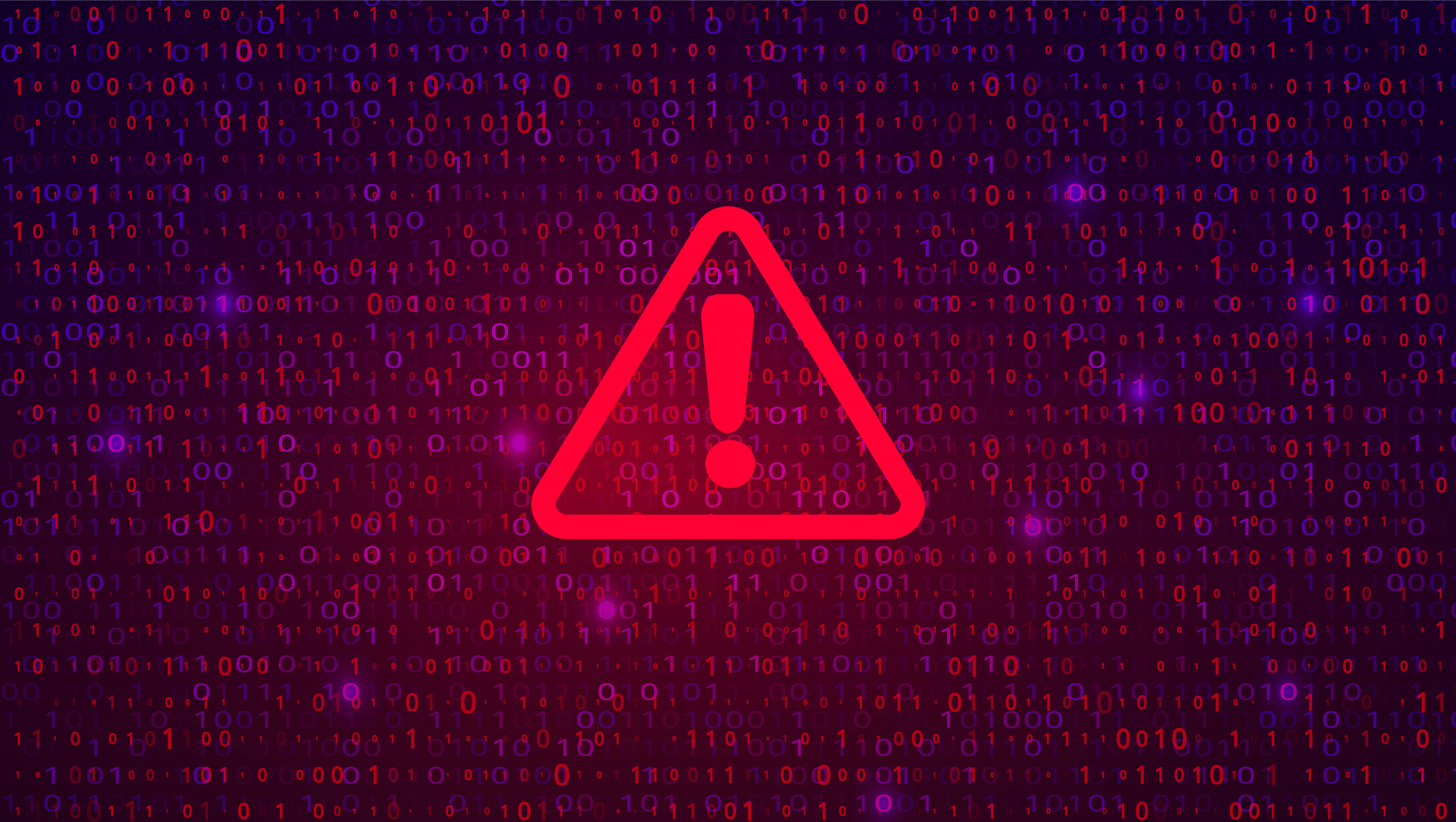
Cybercriminals
remain
a
major
threat
in
the
healthcare
sector
—
with
the
vast
majority
of
healthcare
organizations
reporting
spotted
a
cyberattack
and
suffered
financial
consequences
within
the
past
12
months,
according
to
recent
research.
A
report
released
this
month
by
cybersecurity
firm
Netwrix
showed
that
84%
of
healthcare
organizations
had
faced
a
cyberattack
within
the
past
year.
The
research
is
based
on
a
survey
of
more
than
1,300
IT
and
security
professionals
across
various
industries.
The
report
also
found
that
nearly
70%
of
healthcare
organizations
were
forced
to
deal
with
financial
damages
as
a
result
of
their
cyberattack.
Additionally,
21%
of
organizations
reported
a
change
in
leadership
as
a
consequence
of
an
attack,
and
19%
reported
being
hit
with
lawsuits.
Both
of
these
rates
were
higher
compared
to
other
sectors
that
were
surveyed.
Phishing
was
the
most
common
attack
method
used
in
healthcare
cyberattacks,
which
was
in
alignment
with
other
industries.
“Healthcare
workers
regularly
communicate
with
many
people
they
do
not
know
—
patients,
laboratory
assistants,
external
auditors
and
more
—
so
properly
vetting
every
message
is
a
huge
burden.
Plus,
they
do
not
realize
how
critical
it
is
to
be
cautious,
since
security
awareness
training
often
takes
a
back
seat
to
the
urgent
work
of
taking
care
of
patients.
Combined,
these
factors
can
lead
to
a
higher
rate
of
security
incidents,”
Dirk
Schrader,
Netwrix’s
field
CISO
and
vice
president
of
security
research,
said
in
a
statement.
The
increasing
severity
of
cyberattacks
in
the
healthcare
sector
was
further
underscored
this
month
by
research
released
by
cybersecurity
vendor
Black
Kite.
The
company’s
report
showed
that
certain
ransomware
gangs
are
disproportionately
targeting
organizations
in
the
healthcare
industry.
Leading
the
charge
are
ransomware
groups
Everest,
Monti
and
INC
Ransom
—
roughly
quarter
of
their
victims
are
in
the
healthcare
sector,
according
to
Black
Kite’s
research.
Cybercriminals’
war
on
healthcare
data
shows
no
signs
of
slowing
down,
either.
The
report
revealed
that
overall
cyberattacks
on
healthcare
organizations
rose
by
32%
year-over-year.
“The
fallout
from
Change
Healthcare
fundamentally
altered
how
ransomware
groups
operate,
making
healthcare
organizations
prime
targets,”
said
Ferhat
Dikbiyik,
Black
Kite’s
chief
research
and
intelligence
officer,
said
in
a
statement.
“Threat
actors
have
refined
their
tactics
to
maximize
efficiency,
evade
law
enforcement,
and
increase
their
chances
of
securing
ransoms.
These
shifts
in
both
tactics
and
target
criteria
have
made
ransomware
attacks
more
frequent,
unpredictable,
and
strategically
devastating,
especially
in
the
healthcare
industry.”
Photo:
WhataWin,
Getty
Images

